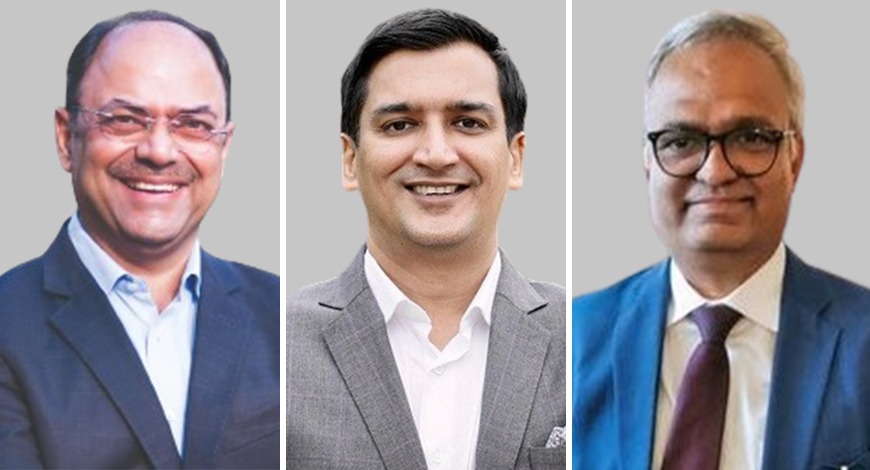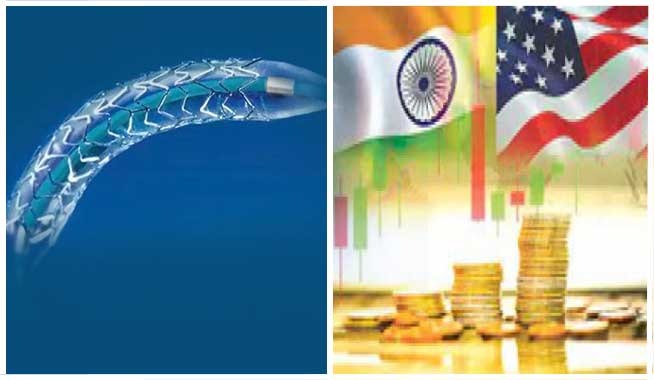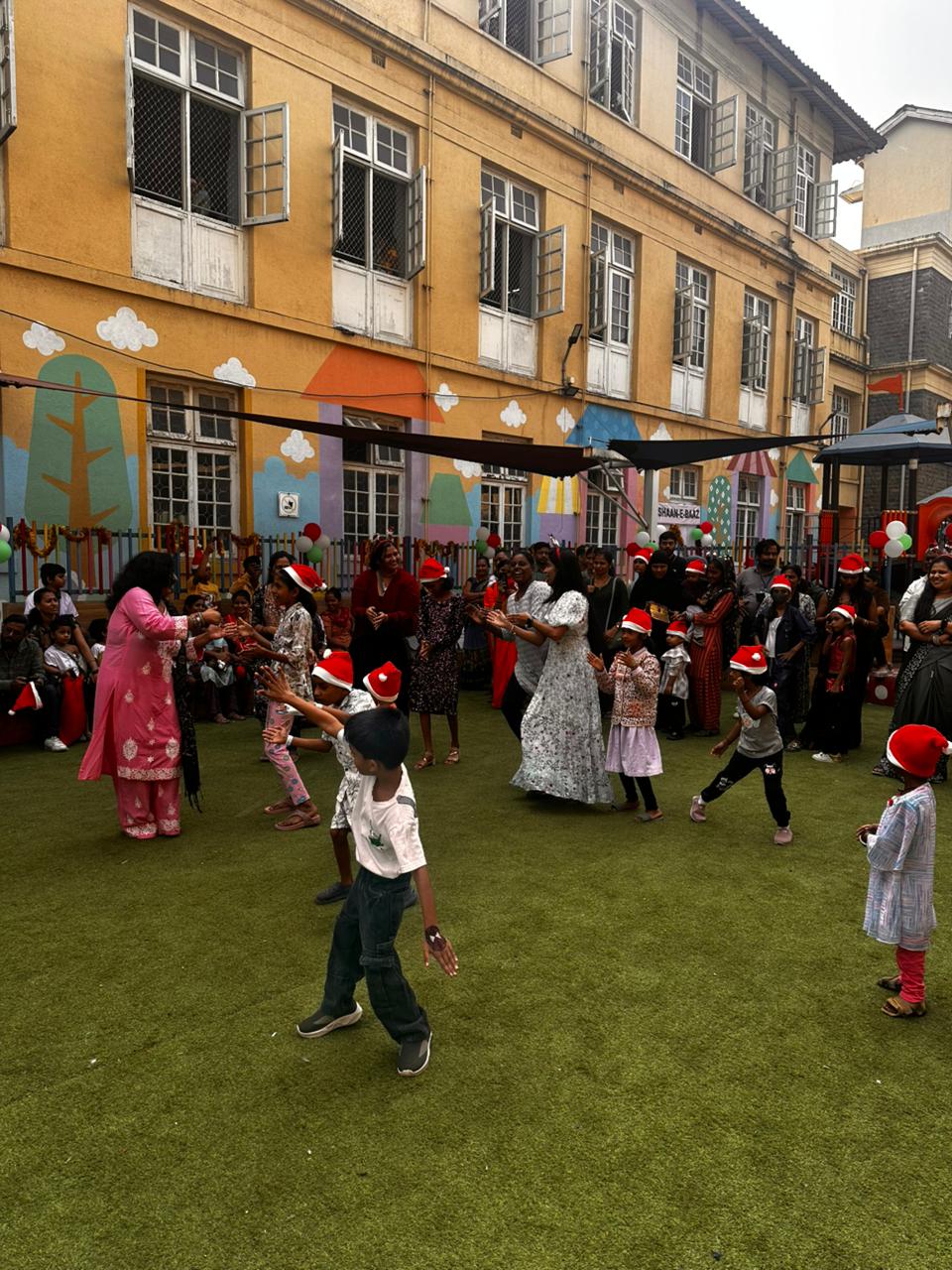Charting the Future of Healthcare: IGHM and GMAAF Unveil Bold Plans at Annual Governing Meeting 2024
The Indian Global Health and MedTech (IGHM) and the Global Medical and Ayurveda Advocacy Forum (GMAAF), two pioneering organizations focused on advancing healthcare and MedTech innovation, hosted their Annual Governing Meeting virtually on December 3,

The Indian Global Health and MedTech (IGHM) and the Global Medical and Ayurveda Advocacy Forum (GMAAF), two pioneering organizations focused on advancing healthcare and MedTech innovation, hosted their Annual Governing Meeting virtually on December 3, 2024. The meeting gathered key stakeholders and experts from across the healthcare industry to discuss the future of healthcare delivery, challenges faced in the MedTech sector, and the organizations’ strategic direction for 2025.
The meeting commenced with a welcome and introductory address by Mr. Afzal Kamal, Founder and Mentor of IGHM and GMAAF, who provided an overview of the organizations’ vision and mission. He spoke about the foundational principles of both IGHM and GMAAF, emphasizing their commitment to advancing healthcare systems globally. He also outlined the key objectives of the meeting, including restructuring the membership and incorporating new members to further enhance the organizations’ impact.
Following Mr. Kamal’s address, Ms. Reena, Treasurer of IGHM and GMAAF, presented the financial overview for the fiscal years 2022-23 and 2023-24, detailing all expenditures and reinforcing the organizations’ dedication to financial transparency and sustainability.
The meeting was hosted by Mr. Gaurav Agarwal, Chairperson of IGHM and GMAAF, who steered the discussions toward the current challenges facing the healthcare and MedTech sectors. He emphasized the urgent need for a ban on the import of pre-owned medical equipment, pointing out that in 2022, India imported $80 million worth of refurbished medical devices. Mr. Agarwal suggested that India has the capacity to meet its own needs under the Make in India initiative and urged for a complete ban on the import of such equipment. He also recommended revisions to the Production Linked Incentive (PLI) Scheme to stimulate domestic manufacturing, along with advocating for making Public Procurement Orders (PPO) legally binding. He called for better incentive programs to go beyond the current Remission of Duties and Taxes on Export Products (RoDTEP) scheme, and emphasized the rollback of the Global Tender Exemption (GTE) list for CDSCO licensed medical devices. His advocacy for the “Vocal for Local” campaign also took center stage as he urged stronger support for domestic manufacturers.
Dr. Minnie Bodhanwala, Co-Chairperson of IGHM and GMAAF, echoed similar sentiments but stressed the importance of taking action on these agendas. She highlighted the lack of trained doctors and nurses in India and called for more training programs to address these shortages. Dr. Bodhanwala also emphasized the need for digital health integration, particularly in Tier 2 and Tier 3 cities, noting that these areas remain underserved in terms of healthcare access. She urged the organization to broaden its reach and ensure that more people are brought on board to address these challenges effectively.
Mr. Anjan Bose, Advisor to IGHM and GMAAF, added a strategic perspective to the meeting, suggesting the organization create both long-term and short-term plans to achieve its goals. He stressed the importance of focusing on artificial intelligence (AI) and regulatory frameworks as key areas for development in the MedTech space. Mr. Bose called for a strong, strategic vision to drive the organization forward in this rapidly evolving industry.
Mr. Sunil Khurana, a senior industry expert, presented valuable insights on international market trends, particularly highlighting the Chinese market. He cautioned against reliance on Chinese-made products and suggested that India focus on regulatory best practices, such as banning second-hand electronic medical equipment, drawing from China’s experience. He also advocated for export incentives to boost India’s MedTech sector, suggesting a benchmark of 12-15% for different provinces to encourage international trade. Furthermore, Mr. Sunil addressed the GDP contribution of India’s MedTech industry, noting that the private sector currently contributes 3% with a target of reaching 4-4.5% by 2026, while the government aims to increase its contribution from 1.5% to 2.5%. He suggested, “We are working with the domestic medical device companies and will expand our relationships with larger group. Our aim is to try accelerate the goal set by honorable PM on self-reliance in the space of medical devices. We will work closely with GOI on favorable and implementable policies and with regulators to help set right ground for domestic companies to march achieve 50% level by 2032.”
Mr. Jatin Mahajan, another key member, provided insights into organizational management, proposing the establishment of an advisory board to help expand the organization’s vision. He emphasized the need for lifetime memberships, clear budget funding, and a unique selling proposition (USP) to differentiate IGHM and GMAAF from other organizations. Mr. Mahajan also suggested that the organization focus on measurable outcomes and ensure operational transparency to enhance its visibility and effectiveness.
Prof. Dr. Rajesh C Shah, presented the vote of thanks by giving and appreciating the suggestions and insights from the members presented at the meeting. He also suggested some of the valuable pointers in the meeting.
The meeting concluded with consensus on several key actions. It was decided to implement a participation fee for members to foster serious advocacy and support the organization’s growth. The importance of a strong secretariat was emphasized, which would amplify the organizations’ agendas and ensure their visibility in the broader healthcare community. Additionally, there was a shared commitment to organizing 2-3 events per year, such as conferences and roundtable discussions, to maintain accountability and credibility in the healthcare sector.
Overall, the Annual Governing Meeting 2024 was a pivotal moment for IGHM and GMAAF, as members reaffirmed their commitment to addressing healthcare challenges and driving sustainable innovation for the betterment of society.






